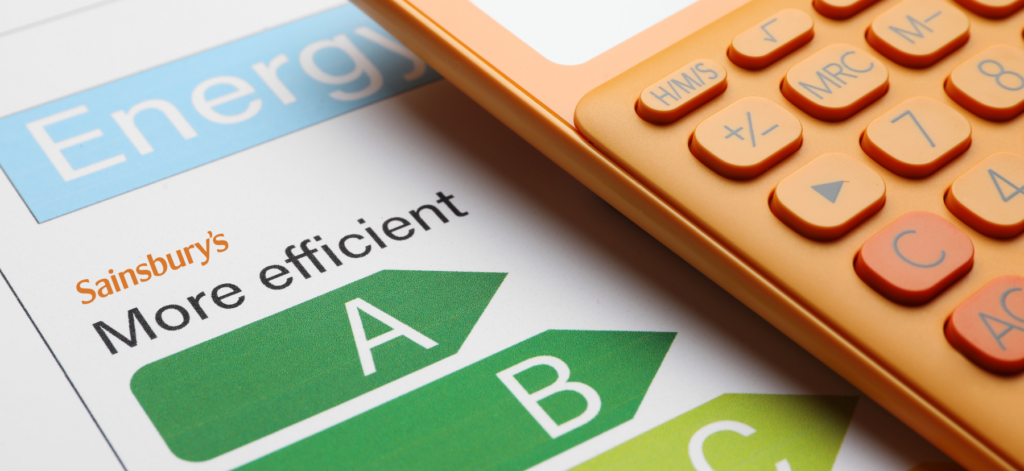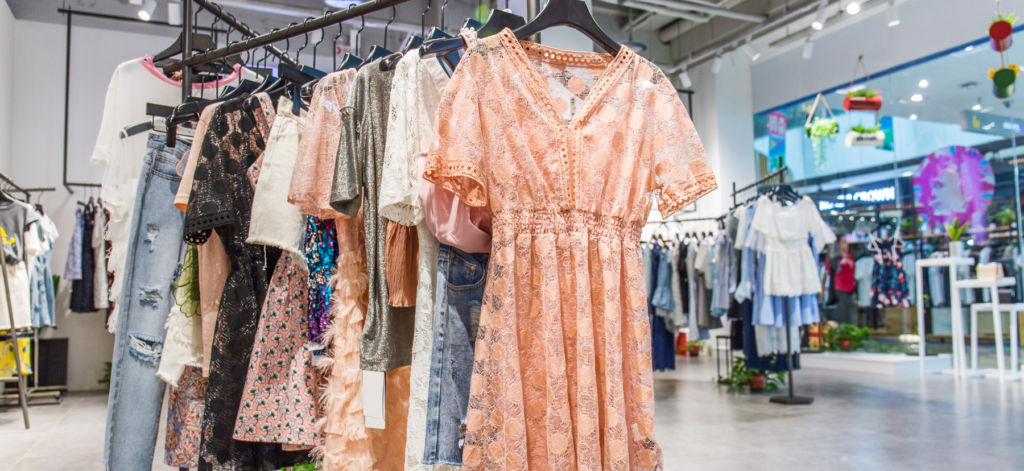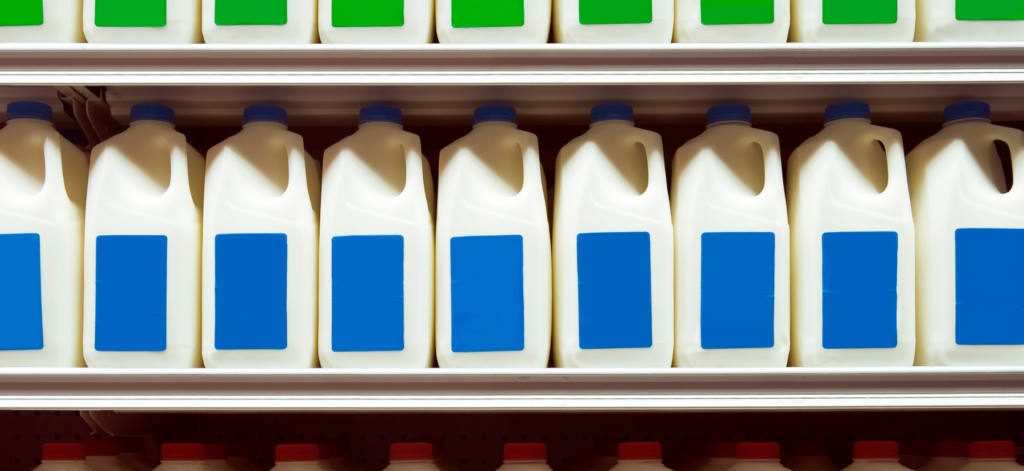Sustainability News in Retail
Completely Retail Marketplace looks at the latest Sustainability News from the world of retail.
Globally, consumers choose to buy from brands that commit to sustainability. Nowadays, going green is about more than just conserving energy or asking customers to recycle their shopping bags. Sustainability allows brands to better connect with their customers and do their bit for the planet.
Read the below Snapshot blog post to gain further insight into the latest sustainability news in retail.

Marks & Spencer and Wildfarmed have teamed up to revolutionise their bread offerings
Marks & Spencer (M&S) and Wildfarmed have teamed up to incorporate regenerative flour into their upcoming sourdough range. This partnership signifies a significant step forward in M&S's commitment to sustainability, echoing their dedication to environmental responsibility.
Regenerative farming practices prioritise soil health, biodiversity, and carbon sequestration, fostering a more sustainable food system. By utilising regenerative flour in their sourdough products, M&S and Wildfarmed are actively reducing their carbon footprint, conserving natural resources, and supporting local farmers who employ these eco-friendly techniques.
This shift not only improves the sustainability of the M&S brand but also resonates with the growing consumer demand for eco-conscious choices. It showcases M&S's dedication to making positive environmental changes within the food industry, setting a precedent for others to follow suit. As customers increasingly seek out eco-friendly options, M&S's new sourdough range is poised to make a positive impact on both the planet and their bottom line, demonstrating that sustainability can be baked into every delicious bite.

Sainsbury opens ‘the most energy efficient supermarket of the century’
Sainsbury's, one of the UK's leading supermarket chains, has recently opened its most energy-efficient store in Hampshire, setting a new standard for sustainable retail. Located in Hampshire, this cutting-edge store incorporates state-of-the-art technologies and eco-friendly practices to significantly reduce its carbon footprint.
The Hampshire store boasts advanced energy management systems, LED lighting, and efficient refrigeration units that collectively minimise energy consumption. It also features a solar panel array on its roof, harnessing renewable energy to power a portion of its operations. Rainwater harvesting systems are in place for water conservation, and a commitment to reducing single-use plastics is evident throughout the store.
This forward-thinking approach not only aligns with Sainsbury's sustainability goals but also reflects the growing consumer demand for eco-conscious shopping experiences. By setting an example with their Hampshire store, Sainsbury's demonstrates their dedication to environmental responsibility while providing customers with an energy-efficient and environmentally friendly shopping destination. This store serves as a shining example of how large retailers can lead the way in reducing their environmental impact.

Fashion giants expand supplier climate change initiative
Yoox Net-a-Porter, Zalando, and About You have united their strengths to forge ahead in the realm of sustainable fashion with their groundbreaking initiative, Fashion Leap for Climate. This collaborative effort is a testament to the fashion industry's growing commitment to addressing environmental and social challenges. The triad has entered the second year of its Fashion Leap For Climate initiative and will extend invitations to join its learning platform to 250 of its brand partners, significantly more than the 55 who took part last year.
Fashion Leap for Climate represents a significant step toward a more sustainable and eco-conscious future in the e-commerce sector. These industry giants are working together to tackle key sustainability issues, such as reducing carbon emissions, minimising waste, and promoting ethical practices in the fashion supply chain.
One of the pivotal aspects of this initiative is the promotion of circular fashion. These companies are pioneering the adoption of circularity in the fashion industry by extending the lifespan of clothing, recycling materials, and fostering a culture of responsible consumption. Moreover, they are actively engaged in reducing their carbon footprint, aiming to achieve carbon neutrality in their operations.
In addition to environmental objectives, Fashion Leap for Climate also emphasizes social responsibility. The platform aims to improve workers' conditions and support fair labor practices across the fashion supply chain. By collaborating and sharing best practices, these companies are working to ensure that the fashion industry becomes a more inclusive and equitable sector.
Furthermore, these e-commerce giants are leveraging their reach and influence to raise awareness about sustainability issues and encourage consumers to make more environmentally conscious choices. Through partnerships with eco-friendly brands and innovative marketing campaigns, Fashion Leap for Climate is making sustainable fashion accessible and desirable to a wider audience.
In conclusion, Yoox Net-a-Porter, Zalando, and About You's joint sustainability platform, Fashion Leap for Climate, is a testament to the transformative power of collaboration in the fashion industry. By pooling their resources, knowledge, and influence, they are driving meaningful change towards a more sustainable and ethical fashion ecosystem, setting a powerful example for the entire industry to follow.

Tesco introduces clear bottle caps to aid in recycling efforts
Tesco's decision to introduce clear milk bottle caps is a commendable step in the battle against plastic waste. These transparent caps are set to significantly improve recycling efforts for several key reasons.
Firstly, clear caps make it easier for consumers to identify and separate materials during recycling. The transparency allows for better sorting at recycling facilities, reducing contamination, and enhancing the overall efficiency of the recycling process.
Secondly, clear caps are made from a distinct type of plastic, typically high-density polyethylene (HDPE), which is easier to recycle than coloured or opaque plastics. This simplifies the recycling stream, making it more cost-effective and environmentally friendly.
Additionally, these caps serve as a visual reminder of Tesco's commitment to sustainability, encouraging shoppers to participate in responsible disposal practices. It sends a powerful message about corporate responsibility and the importance of recycling within the broader context of environmental conservation.
Overall, Tesco's introduction of clear milk bottle caps is a practical and impactful move that not only aids in the processing of plastic waste but also promotes a culture of recycling and responsible consumption.

Subscribe to the Snapshot blog post for more sustainability news in retail
Share with your community to spread insights into the current retail sustainability landscape.


